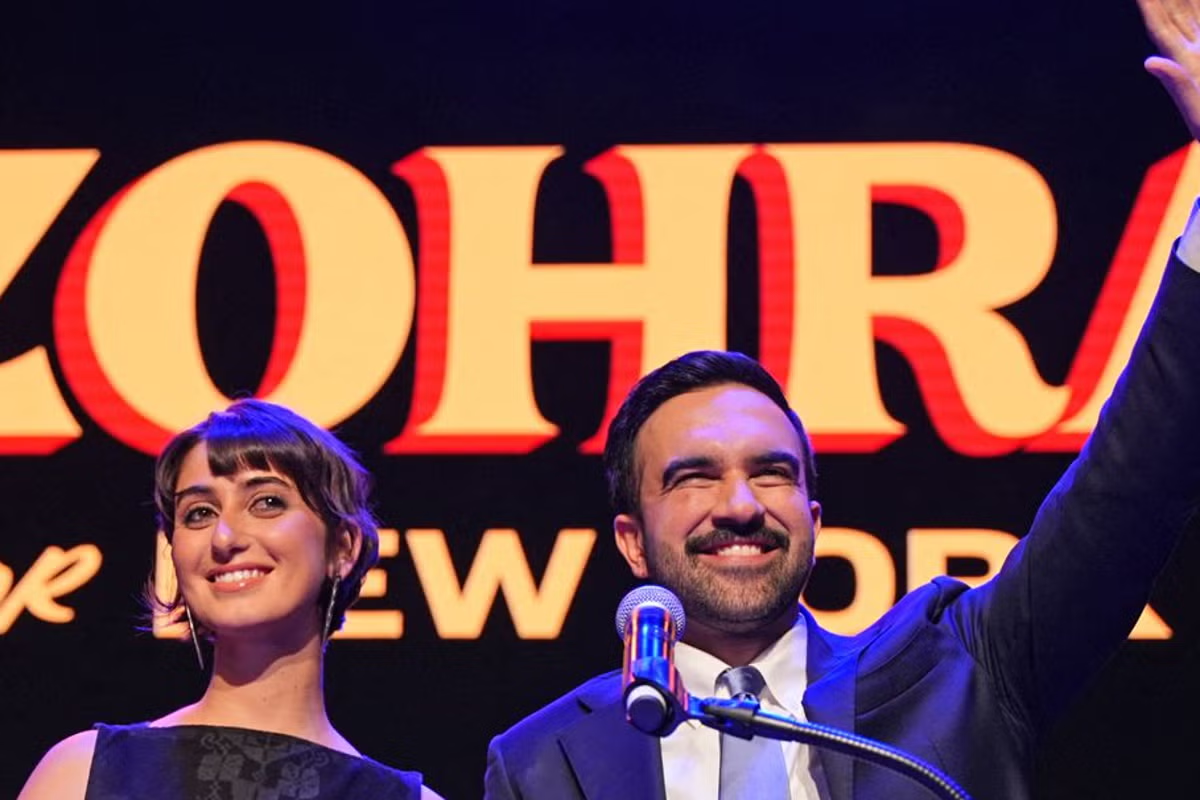How Supermac’s grew from a single restaurant in Ballinasloe to a turnover of €300m

Revenues at Supermac’s have surpassed the €300m mark for the first time, the company’s latest accounts show.
The remarkable success story of the Galway brand has seen it go from strength to strength since founder and former teacher Pat McDonagh opened his first restaurant on Main Street, Ballinasloe in 1978.
At the time, the population of the town, best known for making clay tobacco pipes, was a little over 6,000.
Still only in his 20s, McDonagh, who was nicknamed Supermac in school, invested in a small building with the initial idea of opening a pool hall.
“I wanted to make it into a pool hall, but that got turned down in the planning permission,” McDonagh told Mirian O’Callaghan’s radio programme in 2017.
“I had to look around and see what else the town needed. I thought it needed a nightclub, a furniture shop or a fast-food restaurant.
“I didn’t have the money for a nightclub and there were one or two good furniture shops around, so I said ‘we’ll try the fast-food restaurant,” he continued.
“So I suppose they couldn’t turn me down the second time.”
He revealed how the first business was opened on a “very limited budget”, which he said actually helped in the long term.
“The caretaker in the school I worked in did the plumbing, the carpentry, the tiling… the day we opened he was peeling potatoes down the back and chipping chips.
“It’s not always that you can start a business on a tight budget, but it’s a good way to start because then you appreciate anything you make along the way.”
The second Supermac’s was opened in Gort, County Galway, in 1980, and as business continued to thrive, two years later, a third was opened in Galway city on Eyre Square.
Today, the brand is the country’s largest home-grown fast food business with over 120 restaurants and employs just under 2,500 staff.
The switch to drive-throughs and teaming up with petrol stations to serve food on the forecourts has been a major driver of growth.
Speaking to Business Plus about the latest financial results, McDonagh said: “We’re happy enough with the end result, a lot of which comes from the hard work of the directors and franchises.
“Obviously, the move into the motor services station has been a big help”.
But he warned the outlook for the business was far more uncertain in the coming 12 months as costs and overheads continue to rise.
The minimum wage in Ireland will increase to €14.15 per hour from January 1, 2026, a rise of €0.65.
“Next year will be more challenging as extra costs will come into play, such as the increase in wages, auto enrollment and increased overheads and food prices.
“It is a bit uncertain how things are going to pan out.”
But he said the company aimed to meet the challenges with further openings planned for 2026.
“We have one or two more locations at the planning stage, which should go through next year as long as we don’t face any objections.
Revenues at Supermac’s have surpassed the €300m mark for the first time, the company’s latest accounts show
“We have seen our costs doubled after facing judicial reviews, which really needs to be looked at because they are not just stopping our progress but the progress of the country.
“We are in uncertain times, but overall we are happy,” he added.
Photo: Laura Hutton/Photocall Ireland





